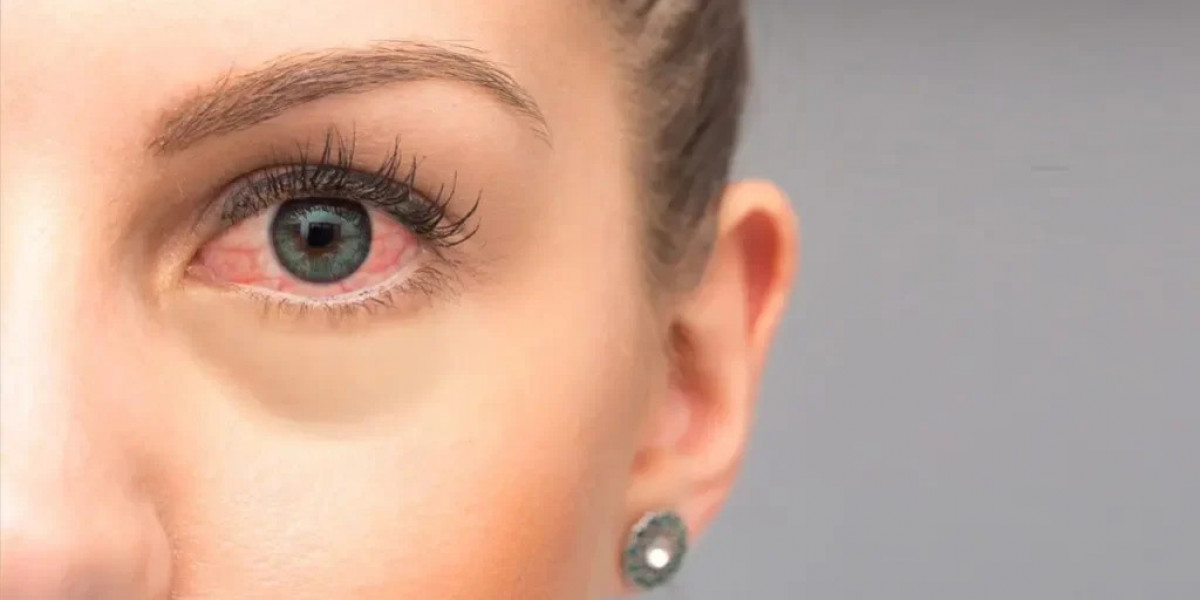Undergoing Retinal Detachment Treatment or Macular Hole Surgery is a significant step toward preserving your vision. These delicate procedures require precise medical expertise and careful recovery to achieve the best possible results. The period after surgery is just as important as the surgery itself. Following the right guidelines can protect your healing eyes and prevent complications.
The post-surgery phase is a time for patience, rest, and mindful care. Every action, from how you position your head to the activities you resume, can influence your recovery. By understanding the do’s and don’ts, you give your eyes the best chance to heal well and restore clarity to your vision.
Do’s After Retinal Detachment Treatment or Macular Hole Surgery
1. Follow Your Surgeon’s Instructions Diligently
Your eye surgeon will give you personalized advice after your procedure. These instructions are designed to ensure the retina heals properly and that your macula regains strength. Always follow them exactly, even if your vision seems to be improving quickly.
2. Maintain the Recommended Head Position
In many cases, you may need to keep your head in a specific position for days or even weeks after surgery. This is especially important after Macular Hole Surgery, where gas bubbles are used to hold the retina in place. Correct positioning supports healing and prevents re-injury.
3. Use Medications as Prescribed
Eye drops and oral medications help control inflammation, prevent infection, and reduce swelling. Take them at the exact times prescribed, and never skip a dose. This is a simple yet powerful way to support your recovery.
4. Attend All Follow-Up Appointments
Regular post-surgery check-ups allow your doctor to monitor healing progress and detect early signs of complications. These visits are essential after both Retinal Detachment Treatment and Macular Hole Surgery to safeguard your results.
5. Wear Protective Eyewear
Your eyes are more sensitive after surgery. Wearing sunglasses outdoors shields them from bright sunlight, dust, and wind, reducing irritation and discomfort. Protective glasses can also prevent accidental bumps or scratches.
6. Rest Your Eyes Frequently
Give your eyes time to heal by taking regular breaks from reading, screens, and other visually demanding activities. Gentle rest helps reduce strain and supports recovery.
7. Keep Your Face and Eye Area Clean
Cleanliness reduces the risk of infection. Wash your hands before touching your face and avoid letting water or soap directly enter your eyes during the healing period.
Don’ts After Retinal Detachment Treatment or Macular Hole Surgery
1. Avoid Heavy Lifting and Strenuous Activities
Straining your body can increase eye pressure and disrupt healing. Refrain from lifting heavy objects, bending excessively, or engaging in high-impact exercises until your doctor approves.
2. Do Not Rub or Touch Your Eye
Even if your eye feels itchy or irritated, resist the urge to touch it. Rubbing can damage delicate tissues, disturb stitches, or displace healing areas of the retina.
3. Avoid Air Travel Without Medical Clearance
If a gas bubble has been placed in your eye during surgery, flying can cause dangerous pressure changes. Always confirm with your doctor before making travel plans.
4. Stay Away from Dusty or Polluted Environments
Dust, smoke, and airborne particles can irritate the healing eye and increase infection risk. Keep your environment clean and avoid areas with high pollution levels.
5. Don’t Resume Work Too Soon
Returning to work, especially in visually intensive or physically demanding jobs, can slow down healing. Allow yourself adequate recovery time before resuming professional duties.
6. Avoid Driving Until Approved
Vision may remain blurry for some time after Retinal Detachment Treatment or Macular Hole Surgery. Wait until your ophthalmologist confirms that it’s safe to drive.
7. Do Not Skip Follow-Up Visits
Even if you feel well, missing check-ups could mean overlooking early signs of complications. Timely visits can prevent problems and ensure the best long-term results.
Supporting Your Vision Through Recovery
Healing after eye surgery is not just about avoiding harmful activities—it’s also about adopting habits that promote comfort and stability. Eating a nutrient-rich diet, staying hydrated, and maintaining good overall health can strengthen your body’s natural ability to recover. Gentle walks, light stretching, and calm breathing exercises can also support circulation and reduce stress during your healing period.
It’s natural to feel anxious after undergoing such a significant procedure. Surrounding yourself with supportive family members and maintaining open communication with your doctor can help you feel reassured and confident throughout the process.
Recognizing Warning Signs Early
While most recoveries go smoothly, it’s important to watch for any unusual symptoms. Contact your doctor immediately if you notice:
Sudden increase in floaters or flashes of light
Severe eye pain or swelling
Loss of vision or dark shadows in your sight
Excessive discharge from the eye
Prompt attention to these signs can protect your vision and prevent further complications.
Choosing the Right Care for Your Eyes
The path to clear vision starts with skilled, compassionate care. When facing conditions that require Retinal Detachment Treatment or Macular Hole Surgery, selecting a hospital with advanced technology, experienced surgeons, and dedicated patient support makes a world of difference.
A hospital that prioritizes patient education, uses the latest surgical techniques, and provides attentive follow-up care ensures your journey from diagnosis to recovery is handled with the highest standard of excellence.
Conclusion
Your recovery after Retinal Detachment Treatment or Macular Hole Surgery is a delicate process that requires patience, discipline, and trust in your care team. By following the do’s and don’ts, you give your eyes the best chance to heal fully and restore vision for the long term.
Maxi Vision Eye Hospital, as a super speciality eye hospital, offers not only advanced medical expertise but also the compassionate care patients need during their recovery journey. With the right guidance and dedicated follow-up, your path to visual clarity can be smooth, safe, and successful.








